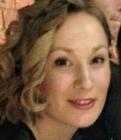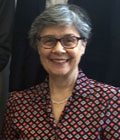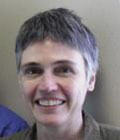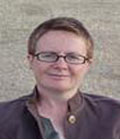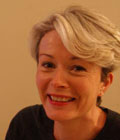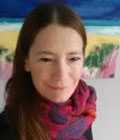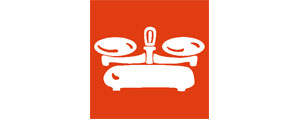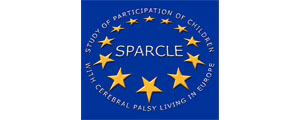Outcome Measurement
In research, we have to decide what outcomes to measure, and which measurement tools are best to use. In recent years we have been focused on working with children, adults, relatives and professionals to identify or design appropriate measures and outcomes. Details of the research projects we are undertaking can be found below:
The Team
Our Studies Around Outcome Measurement
eTIPS

eTIPS stands for “Early Therapy in Perinatal Stroke”. With input from therapists and from parents of children who have had a perinatal stroke, we have designed a manual, website and videos to support parents of infants with perinatal stroke.
Futures

This is a project looking at outcomes after Acquired Brain Injury (ABI) outside infancy and early childhood, and how these might be improved, through a better understanding of rehabilitation and its broader effects on the child, family and supporting services.
Methods of Diagnosis for ASC in Adults
The study will examine current methods of diagnosing autism spectrum conditions in adults and review the evidence for the measures. In addition, a new diagnostic interview for ASC in adults will be developed and piloted.
PAT-A
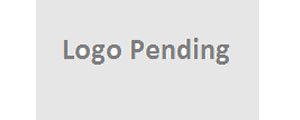
In this study, we will conduct a national autism and anxiety survey, gathering the views of autistic people and professionals. Using this information, we will adapt current NHS anxiety treatments to make them ‘fit for purpose’ for use with autistic adults and test their efficacy in a randomised control trial.
The Transition Programme
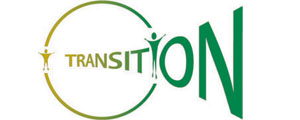
Transition is a 5-year Programme of research looking at how health services can contribute most effectively to the successful transition of young people with complex health needs from childhood to adulthood.
Recently Completed Studies
MeASURe
MeASURe stands for Measurement in Autism Spectrum disorder Under Review. This systematic review explored the measurement properties of tools used in assessing progress and outcomes of children on the autism spectrum up to age 6 years.
Measuring Anxiety in ASD
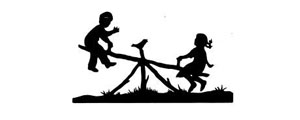
This project focused on the devlopment of an assessment tool to measure anxiety in autistic children. A self and parent report questionnaire, the Anxiety Scale for Children - ASD (ASC-ASD©), was developed during the study.
SPARCLE 1, 2
SPARCLE 1 and 2 were a Study of Participation and Quality of Life of children with Cerebral Palsy living in Europe (Denmark, France, Germany, Ireland, Italy, Sweden, England and N. Ireland).





